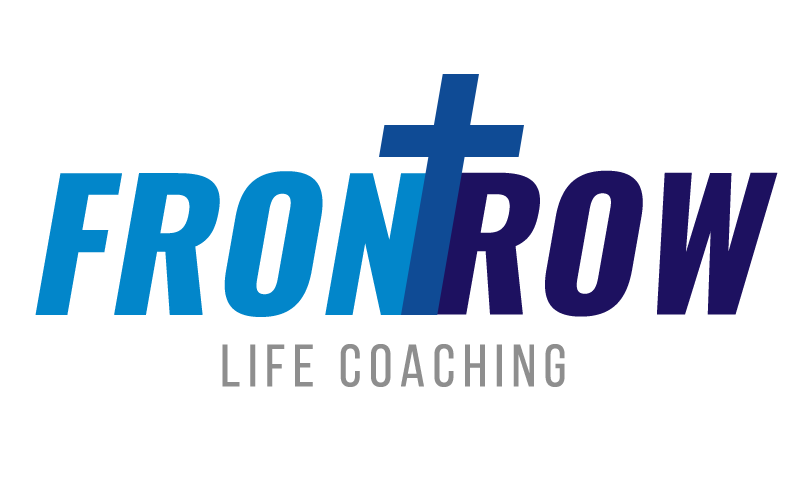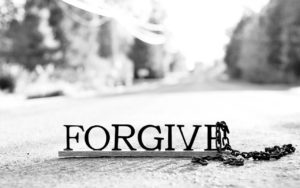Ed Welch described addiction as a “banquet in the grave.” Those behaviors by which I indulge myself without considering the consequences to myself and/or others are pleasurable for a moment, but ultimately lead to self-destruction and destroy the lives of others.
Most often, people believe that the addictive substance or practice is the problem and that their lives will improve when they discontinue using that substance or end the unhealthy practice. In reality, the substance or practice is not the problem, but it is actually the solution to the problems we experience in life. Those problems include difficult relationships that we are in at home, at work, and at church. Also included are tasks that are unpleasant or difficult that lead us to criticize ourselves because we can’t/don’t perform as we think we should. We may also struggle as we deal with the expectations that we have for ourselves or that others place on us that we can’t fulfill.
In the first step of The Twelve Steps, “we affirm that we are powerless over our addiction and that our lives are unmanageable.”
Understandably, we think that the reason our lives are unmanageable is that we are addicts. In reality, my life was unmanageable long before I ever drank my first beer or looked at pornography for the first time. The other sad reality is that even after I stop using alcohol or pornography, my life will still be unmanageable. That’s the reason I conclude that alcohol or porn are not the problem; they become the ways that I deal with those things that I can’t manage.
This reality, that my life is unmanageable, is one that we reject in a determined and enduring way. Simplistically, I should be able to take care of myself. We grew up hearing, “If you don’t take care of yourself, nobody else is going to do it for you.”
In addition, we live by the expectation that education and training will enable us to master any problem or challenge. Again, a sober evaluation of the circumstances of my life require that I acknowledge that there are many factors in my life over which I have no power to manage or control. I may try to influence others using manipulation, bribery, or bullying, but in the end I can’t control the decisions of others or environmental factors that conspire against me getting my way.
As a result, I experience disappointment, discouragement, frustration, anger, and pain. It is the pain that is most difficult to deal with. My heart tells me, “You can’t handle the pain. You shouldn’t experience pain.” So when we feel the inevitable pain, we look for pain relief in the form of a substance or a practice that comforts us. It may be a Mai Tai or a bag of Oreos, but the common feature is that I want/need relief from the pain.
Ultimately, all of us are struggling to get out of the grave. Life is difficult and it hurts. I want to manage my life so that I can escape all the pain, but in fact God is interested in using the pain in our lives to direct us back to Him.
David said, “The Lord is my rock, my fortress and my deliverer; my God is my rock, in whom I take refuge, my shield and the horn of my salvation. He is my stronghold, my refuge and my savior— from violent people you save me.”
Psalm 18:2-3
The Lord wants to save me and He is able to save me. I refuse His saving work as long as keep using whatever keeps me in the grave.





